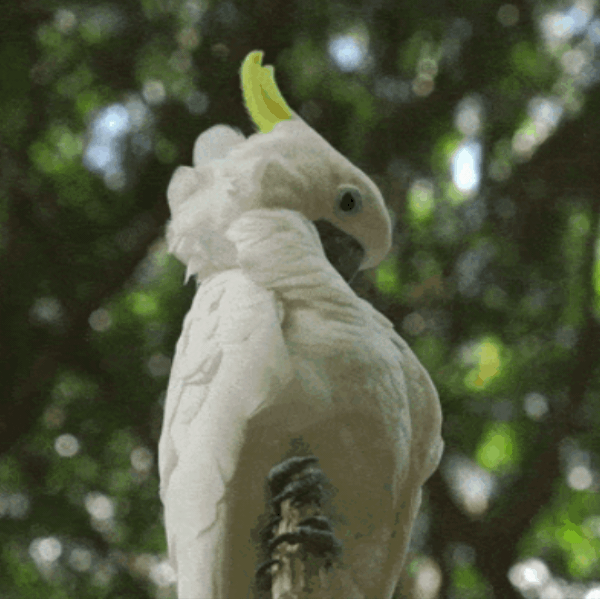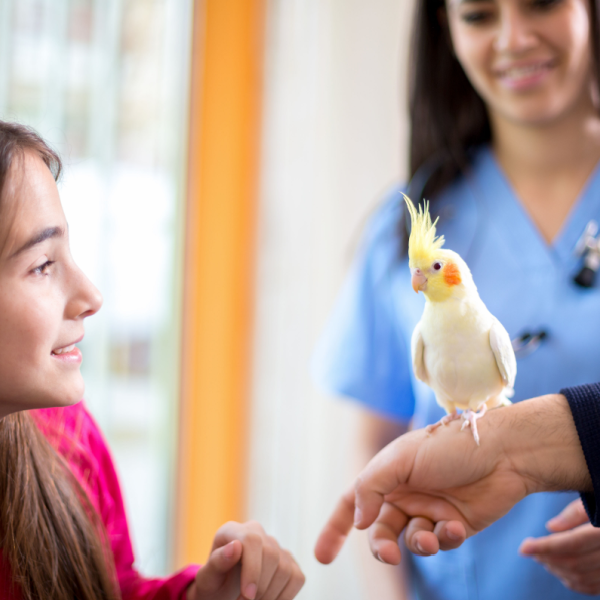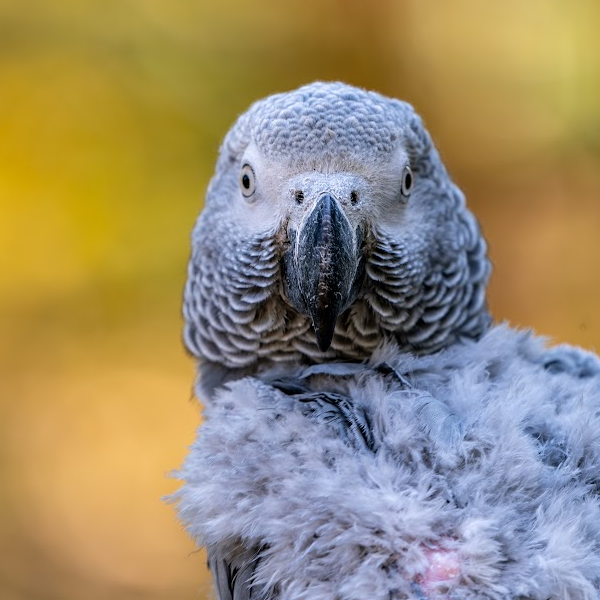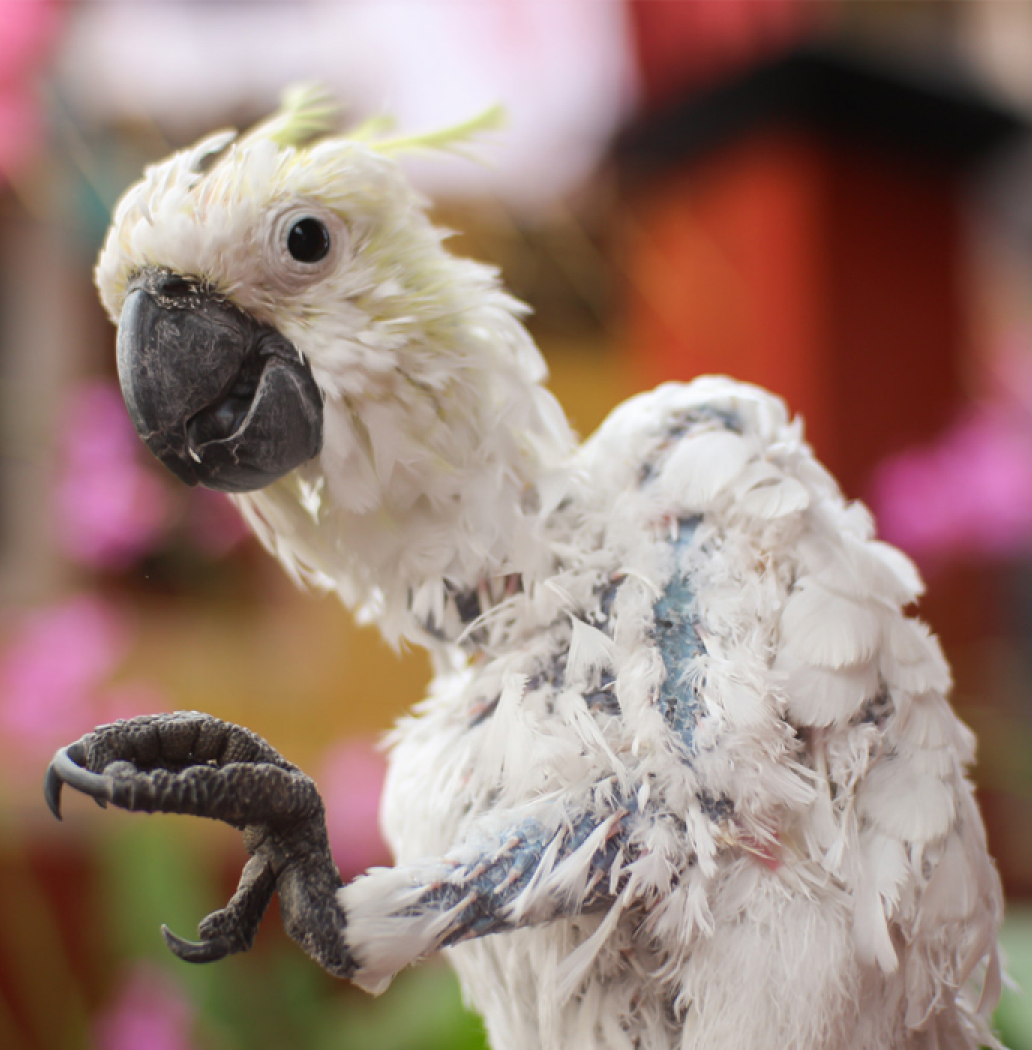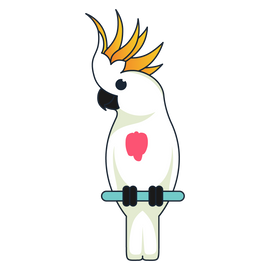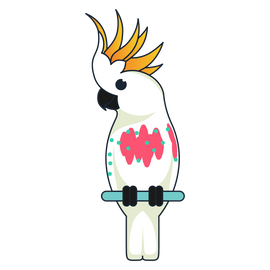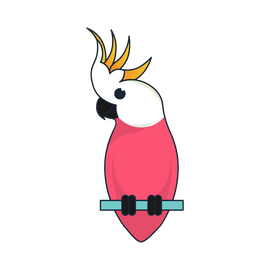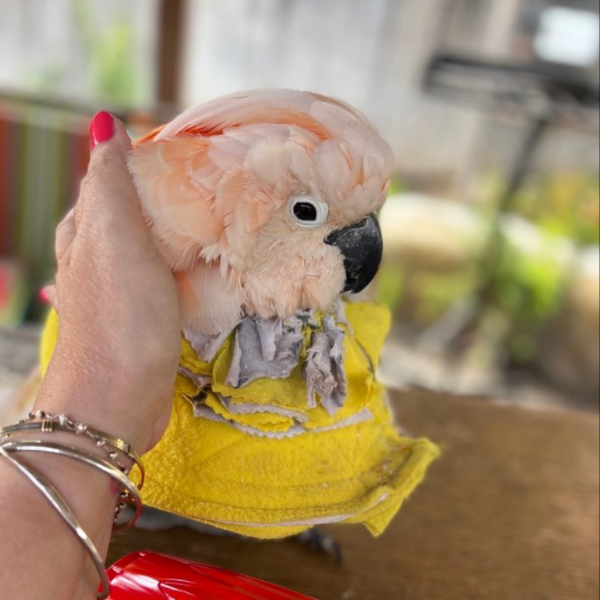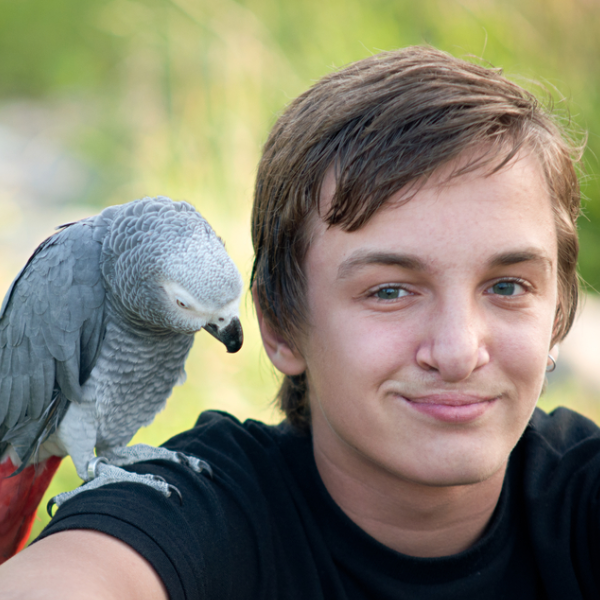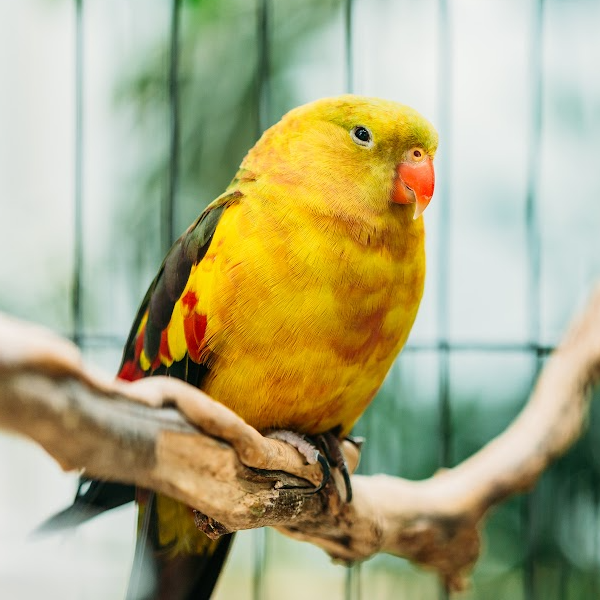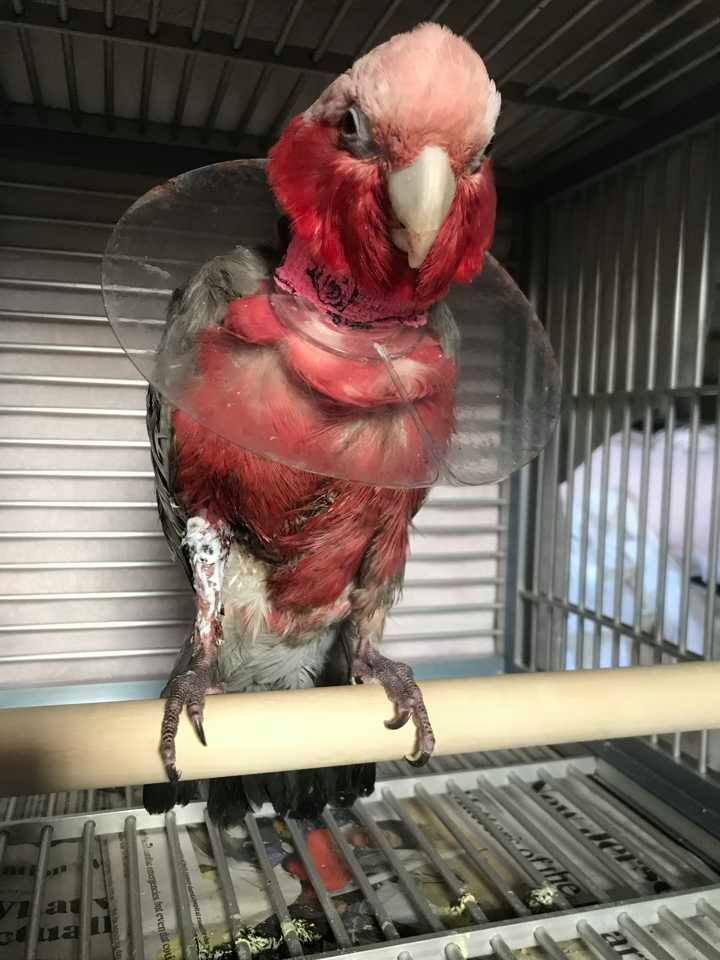My three Cockatoos have really benefited from this spray. Since not being able to get their outdoor showers regularly, this helps with the shine and texture of the feathers.
She has a round collar and chews her tail. I got this and no more taail chewing but she found her shoulders! Lol.
Very pleased with the vitamins.
Thank you so much for my order. I got my order in yesterday. I am so happy doing business with you and buying this food for my little one at home. She loved this food.

